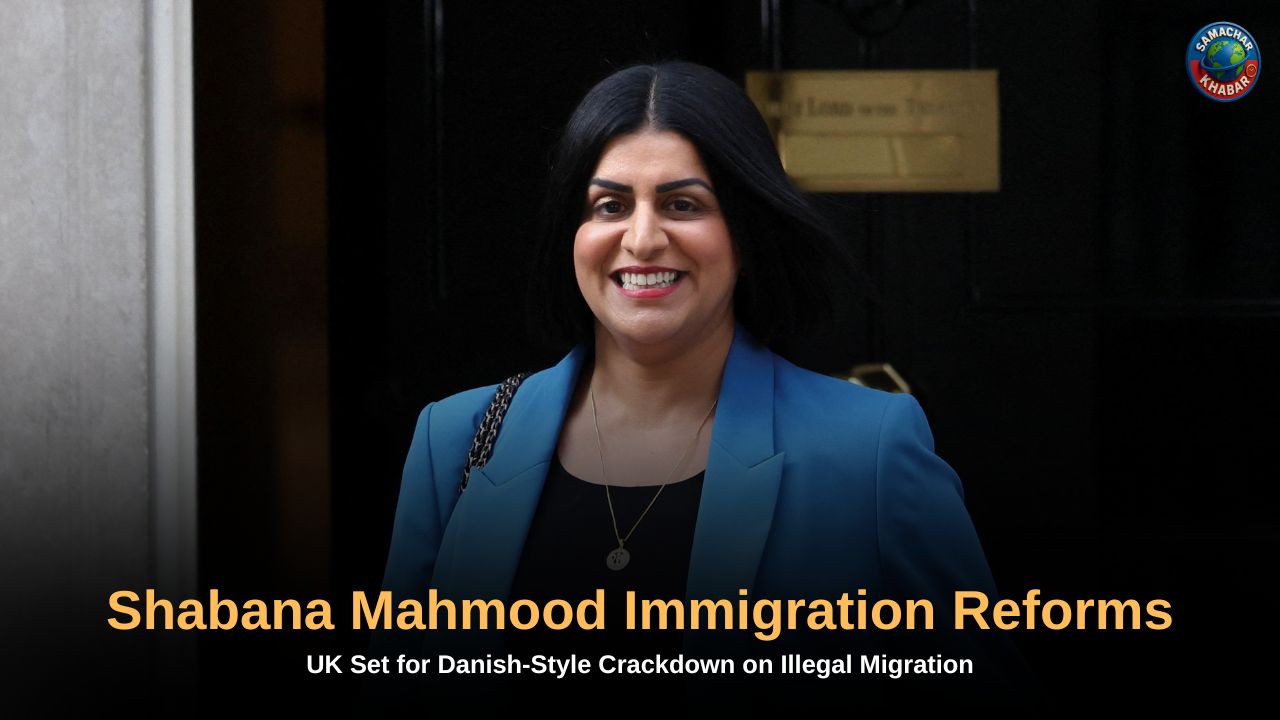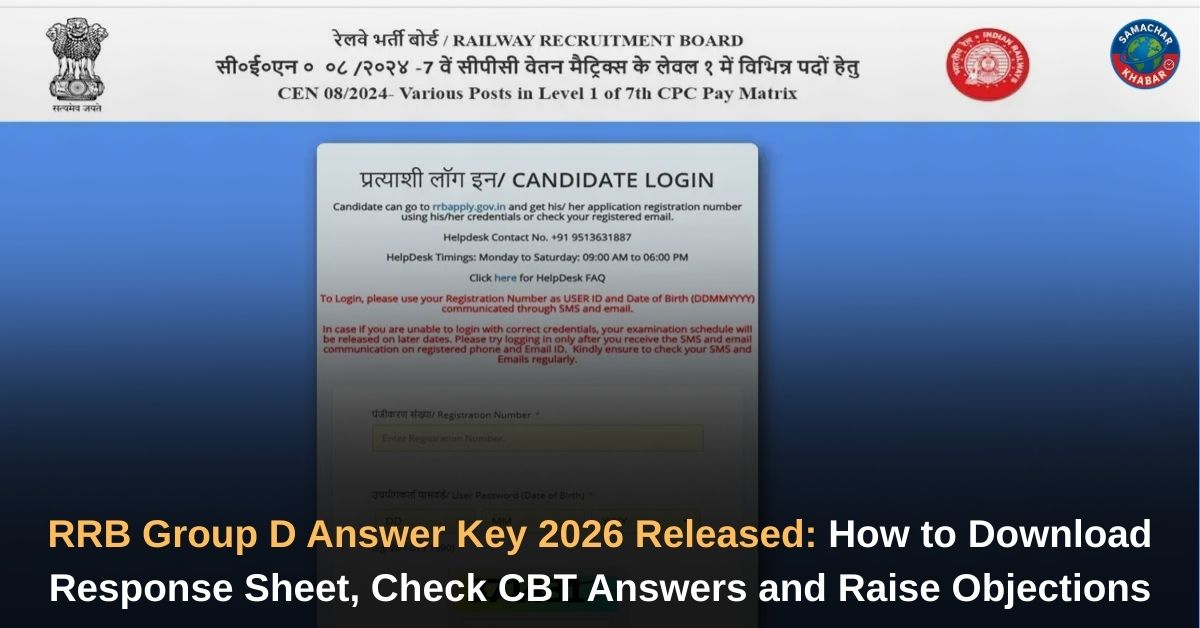The UK is preparing to introduce the most sweeping immigration reforms in modern times, as Home Secretary Shabana Mahmood unveils a Danish-inspired crackdown aimed at reducing illegal migration, fast-tracking deportations and tightening human rights protections that currently delay removals.
The reforms, set to be announced on Monday, follow months of internal reviews, rising Channel crossings and growing pressure to address “pull factors” that make the UK an attractive destination for asylum seekers. With nearly 50,000 removals already recorded since Labour took office, the government says a tougher, clearer, Europe-aligned system is urgently needed.
Key Takeaways: What Shabana Mahmood’s Immigration Reforms Mean for the UK
- Danish-style reforms will form the backbone of the new strategy, including tighter family reunion rules and temporary stays for certain refugees.
- Judges may be required to prioritise public safety over migrant claims based on Article 3 and Article 8 of the ECHR.
- Nearly 48,560 illegal migrants have been removed since Labour came to power — a 23% increase.
- Small boat arrivals remain high, with 39,075 crossings so far this year, up 19% from 2024.
- More than 100 migrants have already been returned to France under the “one in, one out” deal.
- Modern Slavery claims will require immediate declaration, closing a common loophole used to delay deportations.
Mahmood’s Plan: The UK Moves Toward a Danish-Model Migration System
Shabana Mahmood’s reforms reflect a clear strategic shift: deterring illegal entry by reducing incentives and strengthening consequences. Denmark’s migration model — one of Europe’s strictest — allows authorities to deport 95% of rejected asylum seekers, a level UK officials have struggled to achieve.
To better understand this system, Mahmood dispatched a team of British officials to Denmark last month to study the country’s border processes, asylum review methods and enforcement mechanisms. Denmark’s tight rules on family reunification and its policy of offering many refugees only temporary protection have become central elements of the UK’s upcoming reforms.
Also Read: Veterans Day: What’s Open, What’s Closed, And How America Will Operate on November 11
Mahmood believes that years of “excessive generosity and ease of remaining”, combined with systemic barriers, has made deportations unnecessarily difficult. The new system aims to reverse this trend and create a clearer, firmer framework.
Reworking Human Rights Barriers: Targeted Changes to ECHR Rules
A significant component of the reforms will focus on tightening the UK’s interpretation of the European Convention on Human Rights (ECHR). While the government has clarified that Britain cannot and will not leave the ECHR, ministers have confirmed they will “tweak” how key articles are applied in domestic courts.
Key changes being prepared:
- Judges may be required to prioritise national security and public safety over migrants’ Article 8 (family life) claims.
- Article 3 (risk of “inhuman or degrading treatment”) will be scrutinised to prevent its misuse in delaying deportations.
- Appeals based solely on last-minute human rights claims will face stricter thresholds.
Migration Minister Mike Tapp said the UK is facing “asylum shopping” across Europe, with migrants selecting countries where enforcement appears weaker. He emphasised that reforms are designed to ensure the UK is no longer seen as a “soft touch”.
Closing Loopholes: Modern Slavery Laws Under Review
Under current rules, migrants can raise modern slavery claims at any stage of the process, often leading to sudden halts in deportation proceedings.
The new approach will require:
- Immediate declaration of a slavery claim upon arrival
- A higher standard of proof for late claims
- Reduced delays caused by unexpected appeals
Home Office sources say this change addresses a loophole that has been “consistently exploited” to avoid removal.
Enforcement Numbers Surge — But Channel Crossings Still Rising
Ahead of the official announcement, the Home Office revealed sharp increases in removals:
- 48,560 people removed since Labour took office
- Removals up 23% compared to the previous 16 months
- 9,714 enforced removals since November 2024 (up 24%)
- 5,430 foreign national offenders deported (up 12%)
Mahmood highlighted that these efforts have already saved taxpayers millions through reduced accommodation and legal costs.
However, despite the rise in removals, small boat crossings remain a significant challenge:
- 39,075 crossings recorded so far this year
- 19% higher than the same point in 2024
- 43% higher than 2023
- Still 5% below 2022, the peak year
The growing numbers underscore the urgency behind Mahmood’s reforms.
France Returns Deal Gains Momentum
The UK’s “one in, one out” deal with France is functioning as a key deterrence tool. Under the agreement:
- 113 migrants who crossed illegally have been returned to France
- 84 people have entered the UK legally through the exchange route
- More than 8,000 migrants have arrived via small boats since the first return flight on September 18
Mahmood said these figures send a clear message:
“If you enter the UK illegally, we will remove you as quickly as possible.”
A Defining Moment in Britain’s Immigration Strategy
As the UK prepares to introduce one of its most consequential immigration overhauls, the plan marks a defining moment in the government’s approach to managing borders. By drawing from Denmark’s high-enforcement model, tightening human rights interpretations and reforming modern slavery rules, the government aims to build a system that is firm, consistent and resistant to legal loopholes.
Whether these reforms will significantly reduce Channel crossings remains the central test — but the message from ministers is unmistakable: Britain’s immigration system is entering a new era of stricter enforcement and faster removals.
FAQs on Shabana Mahmood Immigration Reforms
1. What are Shabana Mahmood’s new immigration reforms?
Shabana Mahmood’s reforms introduce Danish-style rules to deter illegal migration, tighten human rights appeals, reform modern slavery claims, and fast-track deportations to strengthen UK border enforcement.
2. Why is the UK adopting Denmark’s migration model?
Denmark successfully deports 95% of rejected asylum seekers. The UK aims to replicate this strict, efficient system to reduce pull factors and improve removal rates.
3. How many illegal migrants has the UK deported recently?
Since Labour took office, the UK has deported 48,560 illegal migrants, including foreign criminals and failed asylum seekers—a 23% increase from the previous period.
4. What changes are planned to human rights laws?
Reforms will require judges to prioritise public safety over Article 3 and Article 8 claims, reducing last-minute appeals that delay deportations.
5. What is the “one in, one out” returns deal with France?
Under the UK–France agreement, Channel migrants are returned to France while an equal number of people enter the UK legally in exchange.














